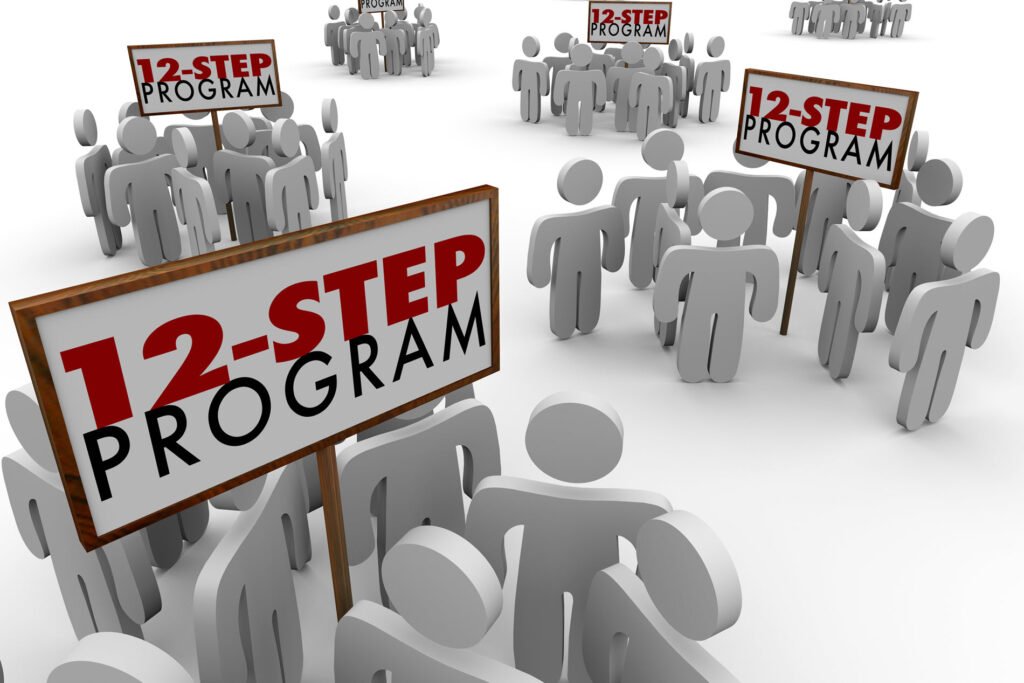Tips on How to be Successful in 12-Step Programs
Recovery is hard. There are many pitfalls and days when we feel weak and unable to handle it all. The good news is you are not on your own.
If you are part of a 12-step program, you have a support network to catch you when you fall. One of the great things about a 12-step program is that by helping others, you also make the most of it for yourself.
Here are some tips for making the most of your recovery in a 12-step program, and enjoying yourself in the process!
Get a Home Group
12-step programs are based on a belief in the power of being part of something bigger than us. Humans are social animals and we do not fare well alone. Our recovery and our lives in general, are greatly served by being part of a group that offers mutual support.
In order to succeed in a 12-step programs it is important to regularly attend meetings. But it is best to mostly attend the same group and build bonds with the other members.
Therefore, it is best to find a group that meets two criteria: they are located conveniently to help you attend meetings regularly. Just as importantly, you should feel comfortable with the people in that group. Once you have found that place where you belong, cherish it and hold on to it.
Tips on How to be Successful in 12-Step Programs Read More »










